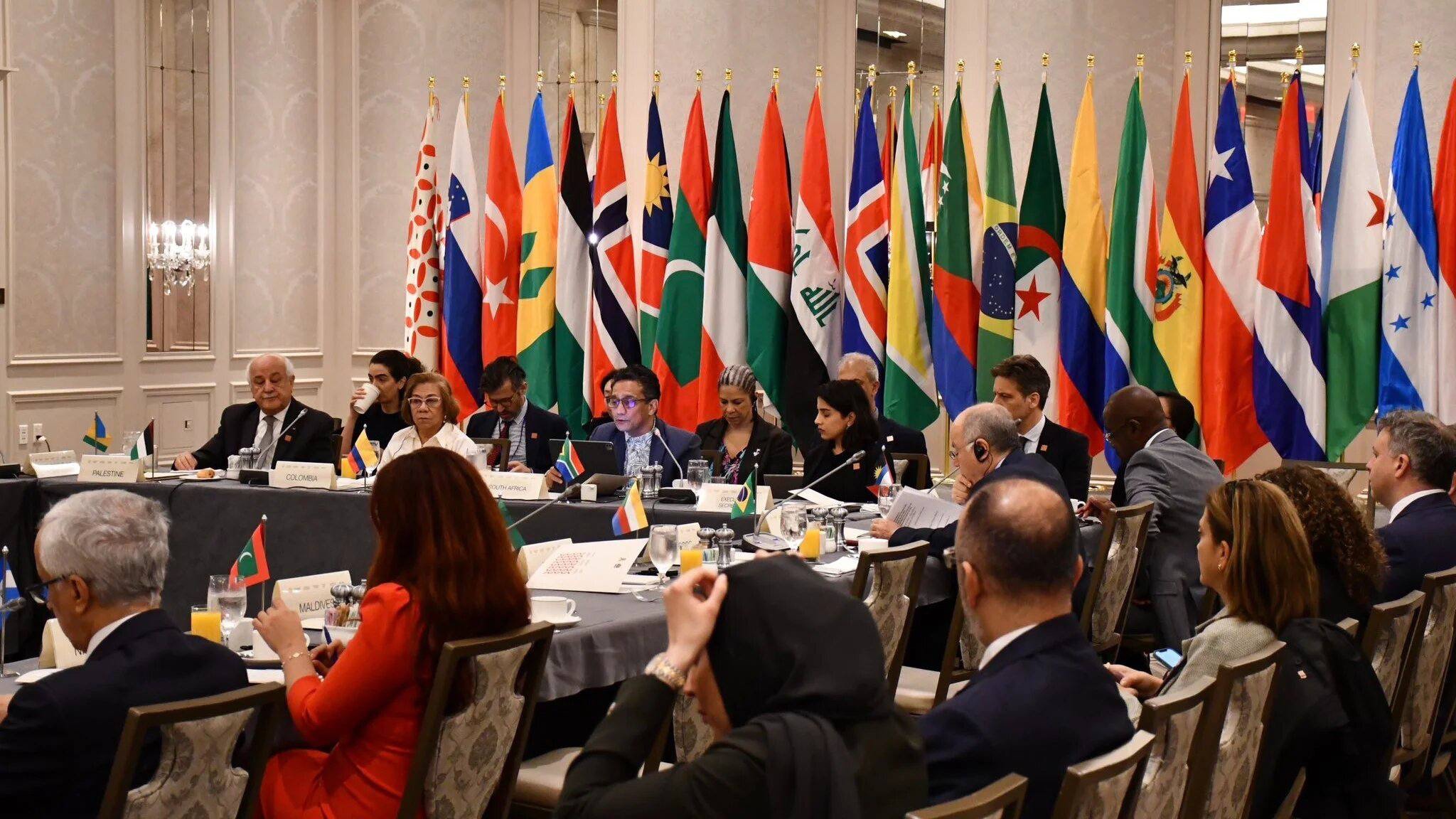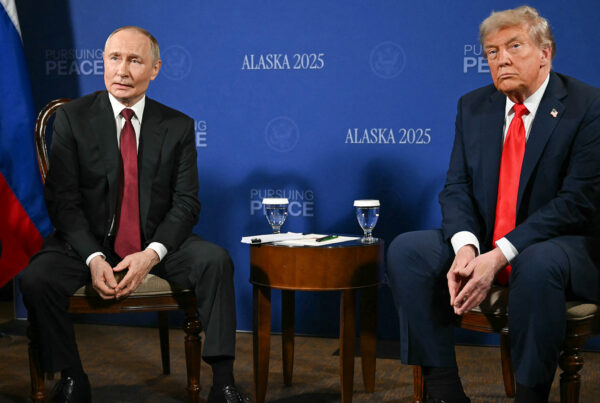Israel once again came under the spotlight on the international stage as the United Nations General Assembly resounded with sharp criticism of its policies toward Palestine. In the forum attended by nearly all member states, several representatives argued that Israel’s actions not only threaten regional peace but also violate international humanitarian law. The situation grew more tense when a bloc of countries known as the Hague Group put forward a proposal for collective measures aimed at ending what they described as Israel’s longstanding impunity.
These criticisms came amid escalating violence in Gaza and the West Bank. Many delegations highlighted the prolonged blockade, deadly airstrikes resulting in civilian casualties, and the expansion of settlements. Support for Palestine grew louder, while Israel continued to insist that its actions were solely in defense of national security.
Diplomatic Pressure at the UN General Assembly
This year’s UN General Assembly became a pivotal moment in international diplomacy. Member states demonstrated greater resolve in demanding accountability from Israel. From Asia and Africa to Latin America, most delegates expressed concern that the humanitarian crisis in Palestine is worsening without any meaningful solution in sight.
The Hague Group, a coalition of countries committed to upholding international law, emphasized that Israel’s impunity undermines global trust in the multilateral system. Their proposal drew wide attention, especially from nations supporting legal mechanisms as the primary path to resolving conflicts.
Criticism of Israeli Policies
Member states pointed to several Israeli policies deemed problematic. First, the blockade of Gaza, which has lasted more than a decade, was described as collective punishment of civilians. Second, military strikes that repeatedly claimed the lives of women and children came under sharp condemnation. Third, the ongoing expansion of settlements in occupied territories was seen as a direct violation of previous UN resolutions.
Some representatives even cited humanitarian organizations describing Gaza as resembling an “open-air prison.” In other words, the international community increasingly rejects Israel’s argument that its actions are purely defensive.
Hague Group’s Proposals
The Hague Group went beyond criticism by offering concrete steps. They called for the International Criminal Court (ICC) to investigate alleged war crimes committed by Israel. They also proposed coordinated diplomatic sanctions should Israel refuse to cooperate with international mechanisms.
Their proposal further included support for a new UN resolution underscoring the obligation of all member states to respect international humanitarian law. The goal was to ensure that justice applies universally, not only to smaller nations but also to powerful states that often escape accountability.
International Reactions
The criticism and proposals from the Hague Group sparked mixed reactions. Some Western countries remained cautious, mindful of their diplomatic and security ties with Israel. Yet others saw this as a chance to pressure Israel into re-engaging in peace negotiations.
Meanwhile, Arab states and the majority of the Organization of Islamic Cooperation (OIC) welcomed the initiative. They argued that the international community was finally showing consistency in enforcing the law without double standards.
The Position of the United States
The United States, Israel’s main ally, faced a major dilemma. On one hand, Washington sought to uphold its commitment to Israel’s security. On the other hand, international and domestic pressure made it difficult for the U.S. to completely ignore criticism of Israel.
Although it continued to exercise its veto power in the Security Council, the U.S. took a softer line in the General Assembly. It called for direct peace negotiations between Israel and Palestine, though many states saw this as inadequate.
The European Union’s Stance
The European Union displayed a more divided response. Some members supported the Hague Group’s initiative as consistent with their commitment to international law. Others hesitated, weighing their economic and strategic interests with Israel.
This split reflected Europe’s long-standing dilemma over Middle East issues. Still, public pressure in several European countries continued to grow, particularly following reports of worsening humanitarian conditions in Gaza.
Prospects for Peace and Challenges Ahead
The central question now is how far the Hague Group’s proposals can be implemented. While the UN General Assembly carries significant moral weight, actual enforcement depends on the political will of member states, especially permanent members of the Security Council.
Israel still enjoys strong backing from major powers, making sanctions or legal pressure difficult to apply. At the same time, Palestinians hope the momentum will lead to wider international recognition and strengthen their position in future negotiations.
Expert Analysis
Observers noted that the Hague Group’s move was a significant signal that the world can no longer remain passive. A professor of international law at Leiden University argued that the initiative could lay the groundwork for long-term accountability.
The challenge, however, lies in ensuring that international legal mechanisms are not politicized or selectively enforced. Consistency will be essential if the effort is to gain full legitimacy in the eyes of the global community.
Palestinian Hopes
For Palestinians, the moral and political support voiced at the UN General Assembly was deeply meaningful. President Mahmoud Abbas stated that Palestinians are not seeking revenge, but justice and freedom. His words received strong applause from many delegates, who view the Palestinian struggle not just as a regional conflict but as a symbol of global resistance against injustice.
Palestinians hope that international pressure will compel Israel to reopen diplomatic channels long dormant. Still, uncertainty remains, especially given Israel’s internal politics, which continue to empower hardline factions.
The events at the UN General Assembly highlight the deep complexity of the Israel Palestine conflict within global politics. The sharp criticism, Hague Group’s proposals, and debates among major powers illustrate dynamics that remain far from resolution. While the path to peace is still uncertain, the renewed spotlight may serve as an important moment for demanding accountability and justice. To follow further developments on Israel Palestine and global geopolitics, readers can continue exploring related articles on Olam News.






